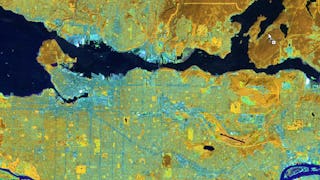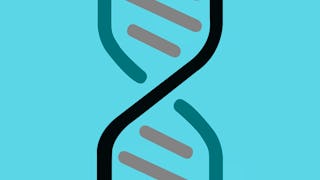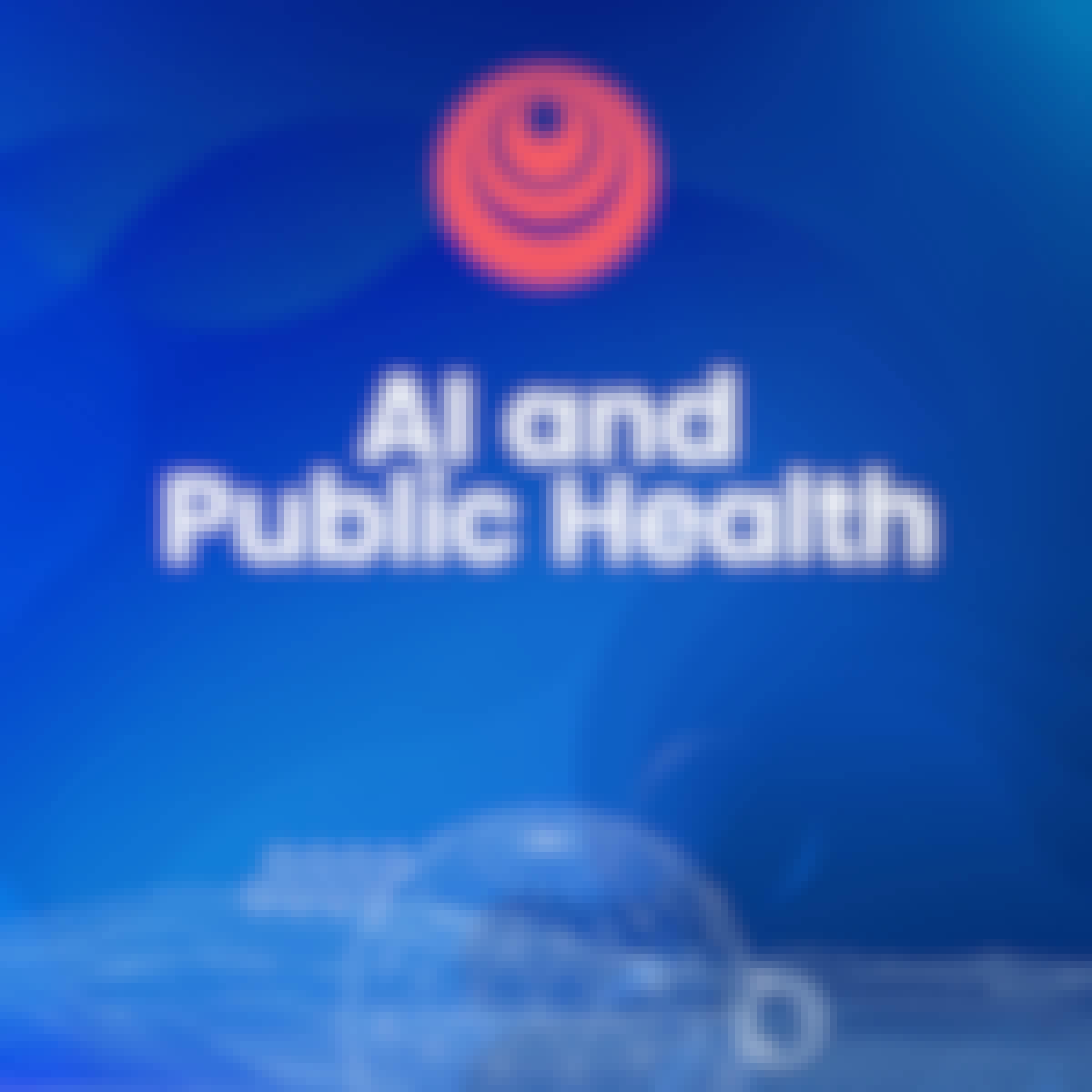Filter by
SubjectRequired
LanguageRequired
The language used throughout the course, in both instruction and assessments.
Learning ProductRequired
LevelRequired
DurationRequired
SkillsRequired
SubtitlesRequired
EducatorRequired
Explore the Environmental Chemistry Course Catalog

Skills you'll gain: Anomaly Detection, Computer Vision, Artificial Intelligence, Microsoft Azure, Natural Language Processing, Artificial Intelligence and Machine Learning (AI/ML), Data Ethics, Machine Learning

University of Colorado Boulder
Skills you'll gain: Sustainability Reporting, Financial Analysis, Financial Statement Analysis, Cost Estimation, Environmental Social And Corporate Governance (ESG), Capital Budgeting, Budgeting, Cost Benefit Analysis, Project Risk Management, Risk Analysis, Risk Mitigation, Income Statement, Cost Management, Financial Modeling, Investment Management, Balance Sheet, Return On Investment, Risk Management, Financial Reporting, Finance
 Status: Free
Status: FreeAmerican Museum of Natural History
Skills you'll gain: Physical Science, Environment, Risk Control, General Science and Research, Environmental Science, Scientific Methods, Chemistry

University of Toronto
Skills you'll gain: Geographic Information Systems, GIS Software, Spatial Analysis, Spatial Data Analysis, Geospatial Mapping, Query Languages, Data Processing, Data Manipulation, Image Analysis, Data Integration

University of Illinois Urbana-Champaign
Skills you'll gain: Life Sciences, Bioinformatics, Molecular Biology, Environment, Precision Medicine, Biology, Health Systems, Medical Science and Research, Environmental Science, Microbiology, Computational Thinking, Data Processing, Experimentation, Research, Scientific Visualization

Rice University
Skills you'll gain: Anatomy, Orthopedics, Kinesiology, Neurology, Medical Terminology, Biochemistry, Biology, Chemistry, Physical Therapy, Pathology, Molecular, Cellular, and Microbiology, Pharmacology, Radiography, Life Sciences
 Status: Free
Status: FreeUniversity of Amsterdam
Skills you'll gain: Laboratory Experience, User Feedback, Experimentation, Research, Scientific Methods, Safety Training

Parsons School of Design, The New School
Skills you'll gain: Environment Health And Safety, Health Disparities, Building Design, Public Health and Disease Prevention, Environmental Engineering, Health Assessment, Community Health, Environmental Science, Chemistry, Environmental Issue, Social Justice, Product Lifecycle Management
 Status: Free
Status: FreeUniversity of Geneva
Skills you'll gain: Water Resources, Risk Management, Natural Resource Management, Environment, Environment and Resource Management, Environmental Policy, Social Sciences, Systems Thinking, Governance, Economics, Policy, and Social Studies, Environmental Science

DeepLearning.AI
Skills you'll gain: Data Analysis, Jupyter, Exploratory Data Analysis, Data Ethics, Artificial Intelligence, Machine Learning, Predictive Modeling, Applied Machine Learning, Information Privacy, Deep Learning, Environmental Monitoring, Public Health
 Status: Free
Status: FreeUniversity of California San Diego
Skills you'll gain: Biochemistry, Manufacturing and Production, Food and Beverage, Chemical Engineering, Pharmaceuticals, Biology, Taxonomy, Environmental Science, Microbiology, Process Engineering, Environmental Engineering, Chemistry, Laboratory Testing
 Status: Free
Status: FreeUniversity of Rochester
Skills you'll gain: Physics, Physical Science, Life Sciences, Biology, Environment, General Science and Research, Scientific Methods, Systems Of Measurement, Chemistry
Environmental Chemistry learners also search
In summary, here are 10 of our most popular environmental chemistry courses
- Artificial Intelligence on Microsoft Azure: Microsoft
- Finance for Technical Managers: University of Colorado Boulder
- The Dynamic Earth: A Course for Educators: American Museum of Natural History
- Spatial Analysis and Satellite Imagery in a GIS: University of Toronto
- Genomics: Decoding the Universal Language of Life: University of Illinois Urbana-Champaign
- Human Anatomy & Physiology I: Rice University
- Teaching in University Science Laboratories (Developing Best Practice): University of Amsterdam
- Building Materials and Human Health: Parsons School of Design, The New School
- Climate Change and Water in Mountains: A Global Concern: University of Geneva
- AI and Public Health: DeepLearning.AI










